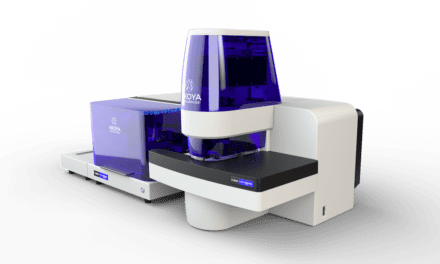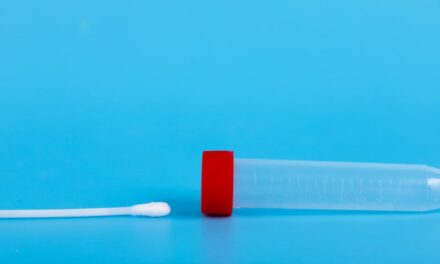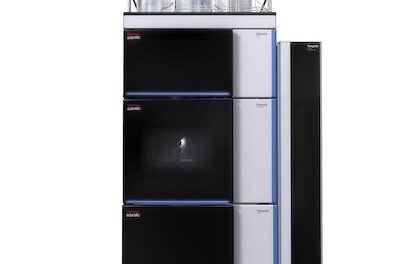Biomerica Inc., a global biomedical company providing gastroenterology solutions, announced a significant advance in the management of irritable bowel syndrome (IBS). The inFoods IBS diagnostic test has now been validated for use with finger stick (capillary) patient whole blood samples simplifying sample collection and facilitating wider access to the test. With this new finger stick blood collection option, any trained medical professional in the doctor’s office can collect the patient’s blood sample during their office visit and forward the sample to the lab for processing. This workflow enhancement greatly simplifies the process for healthcare providers to order the inFoods IBS test and is much easier for patients. The InFoods IBS test will continue to be available using blood collected from a patient’s arm (venipuncture) by a trained phlebotomist.
The inFoods IBS test can identify specific foods that may trigger or provoke an IBS symptom, providing personalized dietary recommendations to help manage this often-debilitating condition. The test is offered as a laboratory developed test (LDT) performed in a CAP accredited, CLIA-certified high-complexity laboratory.
It is estimated that over 40 million Americans suffer from IBS, with symptoms often triggered by consumption of specific foods (which are unique to each patient). The total direct and indirect cost of IBS has been estimated at $30 billion annually in the United States alone.
“This is a significant step forward for patients, healthcare providers, and the broader medical community,” says Zackary Irani, CEO of Biomerica. “By enabling the use of finger stick whole blood samples, we’re making our personalized IBS therapy more convenient and easier than ever. This process reduces patient discomfort, and facilitates wider access to the inFoods IBS test, allowing healthcare providers in a variety of settings to efficiently use inFoods IBS and initiate appropriate treatment plans.”
Robert Carlson, Biomerica’s Chief Commercial Officer adds: “This advancement reflects our continued commitment to innovation and significantly expands the number of physician offices that can use the inFoods IBS system to create treatment protocols for their IBS patients. Our goal is to make living with IBS easier by providing a personalized and accessible test that empowers patients to understand potential food triggers and help control their condition.”
The inFoods IBS clinical study was performed at several prominent centers including Mayo Clinic, Beth Israel Deaconess Medical Center Inc.—a Harvard Medical School Teaching Hospital, Houston Methodist Hospital, and the University of Michigan. In data presented at the 2023 Digestive Disease Week (DDW) annual meeting, clinical results for improvement in the Abdominal Pain Intensity (API) responder endpoint of >30%, for IBS patients in the treatment diet arm had a statistically significant improvement over patients in the placebo diet arm (p-value of 0.0246). The improvement for patients in the treatment arm versus the placebo arm is considered clinically significant and is similar and, in some cases, better than the current drugs in the market.





